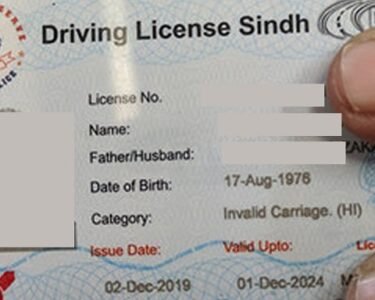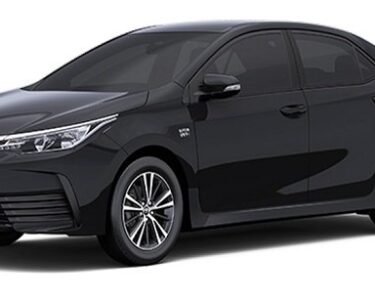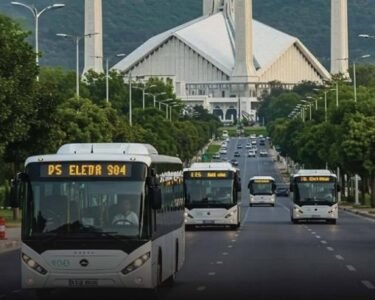The Islamabad Capital Territory (ICT) administration has recently introduced a more stringent regime for vehicle registration and the issuance of number plates. This initiative, led by the Excise & Taxation (E&T) department, is part of a broader effort to streamline the registration process and ensure full compliance with the law. The changes are particularly aimed at cracking down on non-standard number plates, a common issue in the city.
One of the most significant changes is the strict enforcement against vehicles with non-standard number plates. The ICT administration has made it clear that any vehicle found with such plates will have its registration canceled. This is a severe penalty, but the government believes it is necessary to maintain a uniform system. Once a vehicle’s registration is canceled, the owner must go through the re-registration process, which involves paying a substantial fee.
The re-registration fees are structured according to the engine capacity of the vehicle. For vehicles with engines up to 1000cc, the re-registration fee is set at Rs. 5,000. For those with engines ranging between 1000cc and 2000cc, the fee doubles to Rs. 10,000. Owners of vehicles with engines exceeding 2000cc will face the highest re-registration fee of Rs. 20,000. Even motorcycles are included in this regime, with a re-registration fee of Rs. 1,000.
To further discourage non-compliance, the E&T department has introduced a penalty multiplier for repeat offenders. If a vehicle is found to be in violation of the new rules more than once, the owner will be fined five times the original amount. This harsh penalty is expected to deter vehicle owners from attempting to bypass the new regulations.
While these measures may seem inconvenient to some, they are part of a larger effort to standardize vehicle registration in Islamabad. The goal is to ensure that all vehicles on the city’s roads adhere to the prescribed norms, which will ultimately lead to a more organized and regulated transportation system.
For those importing vehicles, particularly in Punjab, the process remains detailed. The required documents for registering an imported vehicle include an application in Form F, a copy of the owner’s CNIC, import permission forms from customs authorities, a duplicate copy of the Goods Declaration (GD) showing tax payments, a copy of the bill of lading, and the invoice. Additionally, the payment of the registration fee, number plate fee, and other associated taxes is mandatory.
In conclusion, the ICT administration’s new vehicle registration regime represents a significant shift in how vehicle registration and number plates are managed in Islamabad. While it may require some adjustments from vehicle owners, these changes are designed to create a more efficient and standardized system that benefits everyone on the road.






